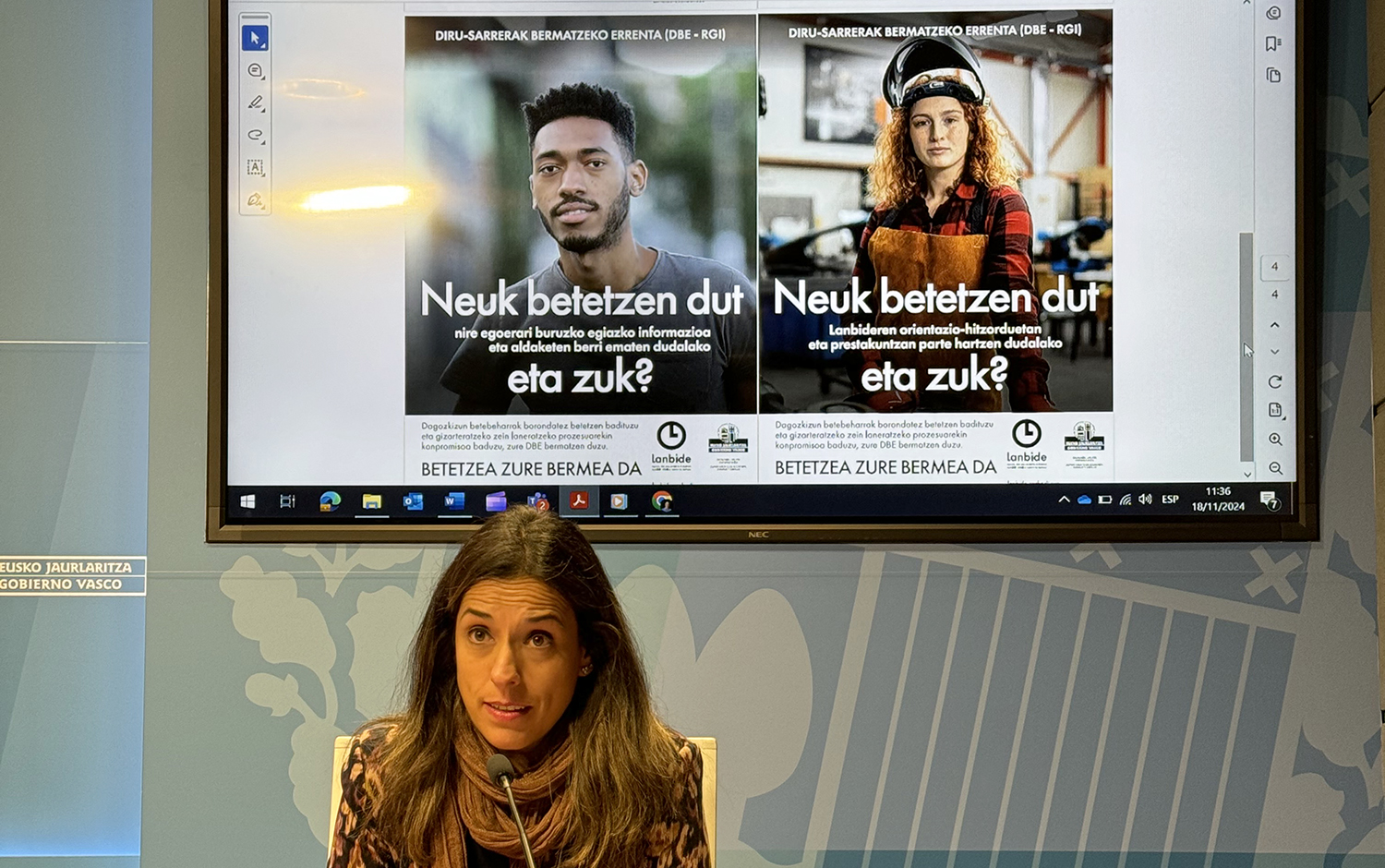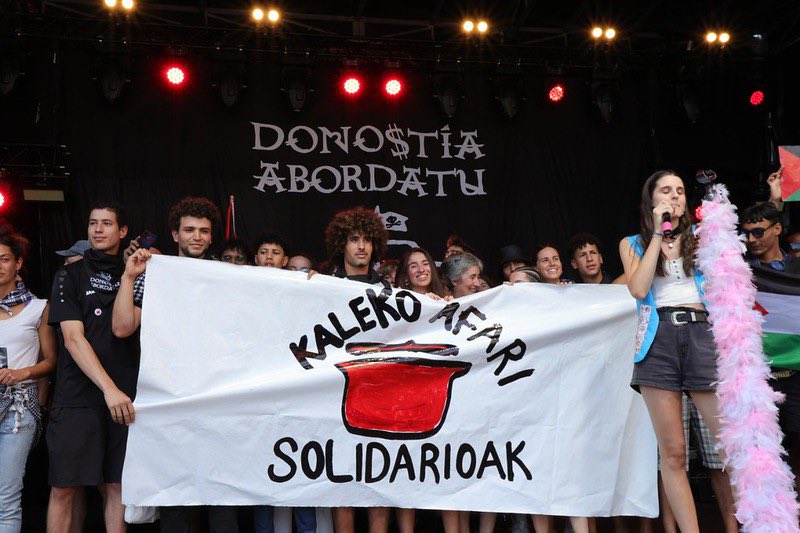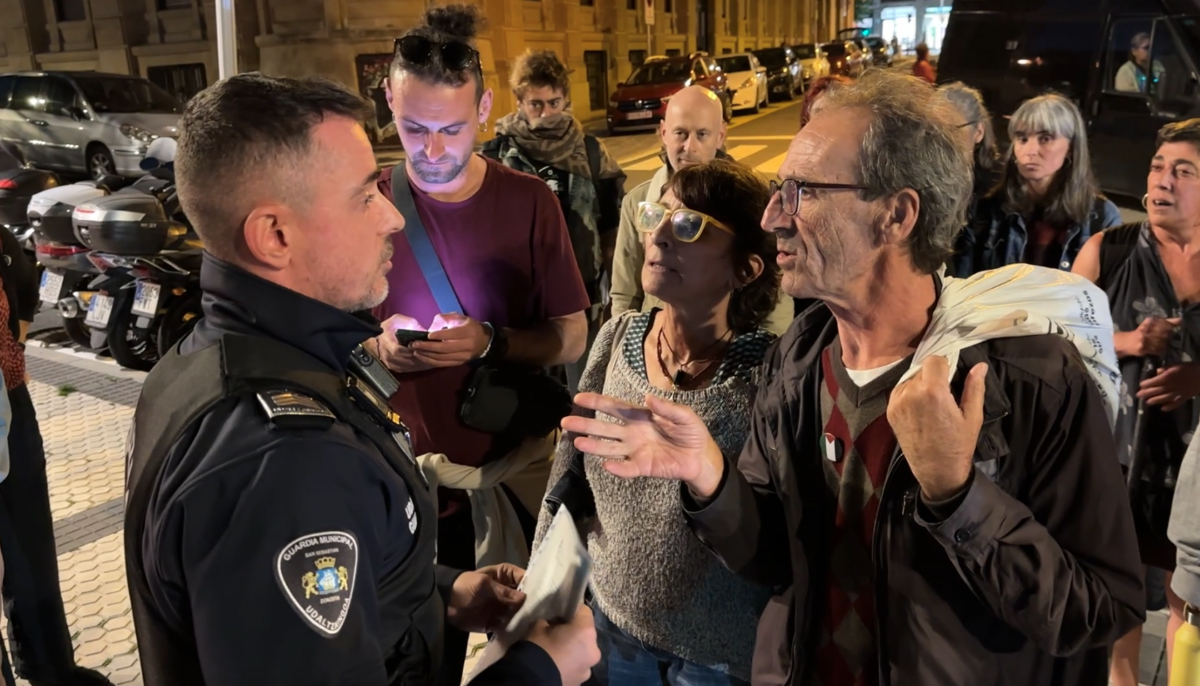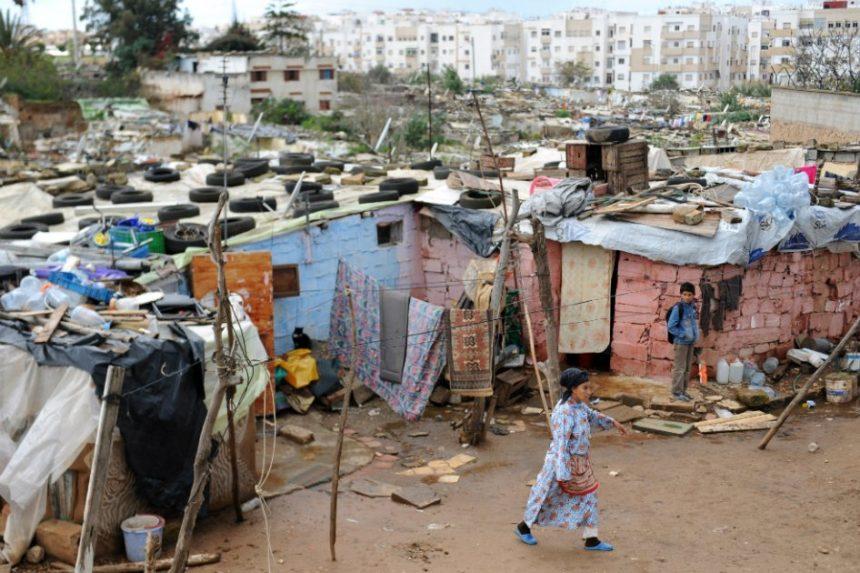Too many poor in the Basque Country
Euskal Herria is rich, but it does not seem to be well distributed, because there is a lot of poverty. This is one of the conclusions that could be drawn from the report released last week by Gaindegia. 16.7% of the population of the Basque Country, i.e. 521,751 of the 3,124,259 people live in poverty or at risk of social exclusion. Households with a single adult, two adults and two children under 14 survive with less than 7,961 euros per year, 5,971 for both adults and 4,179 for both adults, respectively. By region, the highest poverty rate occurs in Iparralde (18.1%), followed by the provinces of the CAV (15.1%) and Navarra (14.5%). Another more detailed finding is that 20% of children (104,764 young people) live in poverty or risk of social exclusion.
And yet, in Hego Euskal Herria, the per capita GDP is around 30,000 euros, which shows that Basque society is really rich. Something is not going well for wealth to be so poorly distributed. This situation should make all the institutions, governments and social partners think that policies must be put in place to ensure that all people living and working in the Basque Country have their basic needs met. Once again, this leads us to rethink the socio-economic model that prevails in our society. The capitalist system impoverishes us and generates great inequalities.
Last weekend, with 150 social workers, thousands of people participated in the Alternatiben Herria initiative, held in Bilbao (see Argia on page 44), demonstrating that there are ways beyond the neoliberal capitalist system. We have the opportunity to build another socio-productive model and distribute wealth in a fairer way; we have resources to create quality jobs, distribute work and considerably reduce poverty and social inequalities. Political will is needed. Basque society has a voice and a commitment to solidarity.
Gasteizko Errotako (Koroatze) auzoan izan diren manifestazio "anonimoek" kolokan jarri dute auzokoen arteko elkarbizitza. Azalera atera dituzte ere hauetan parte hartu duten partidu politiko batzuen eta beste kide batzuen izaera faxista eta arrazista.
In this frenetic and vertiginous world in which we live, the social changes that take place little by little seem to us to be sometimes imperceptible, irrelevant or insignificant. That is not the case, however, and we have to be aware of it in order to act wisely. An example of... [+]









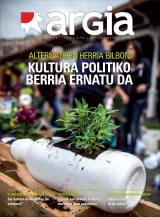

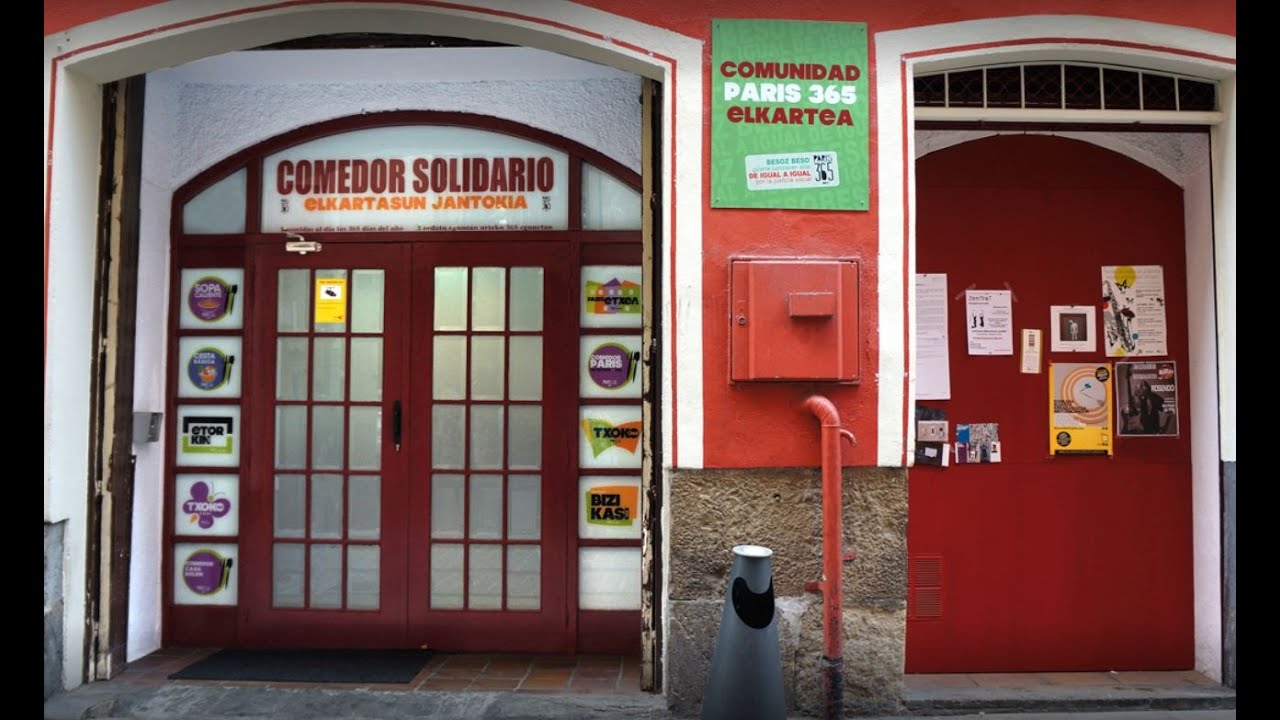

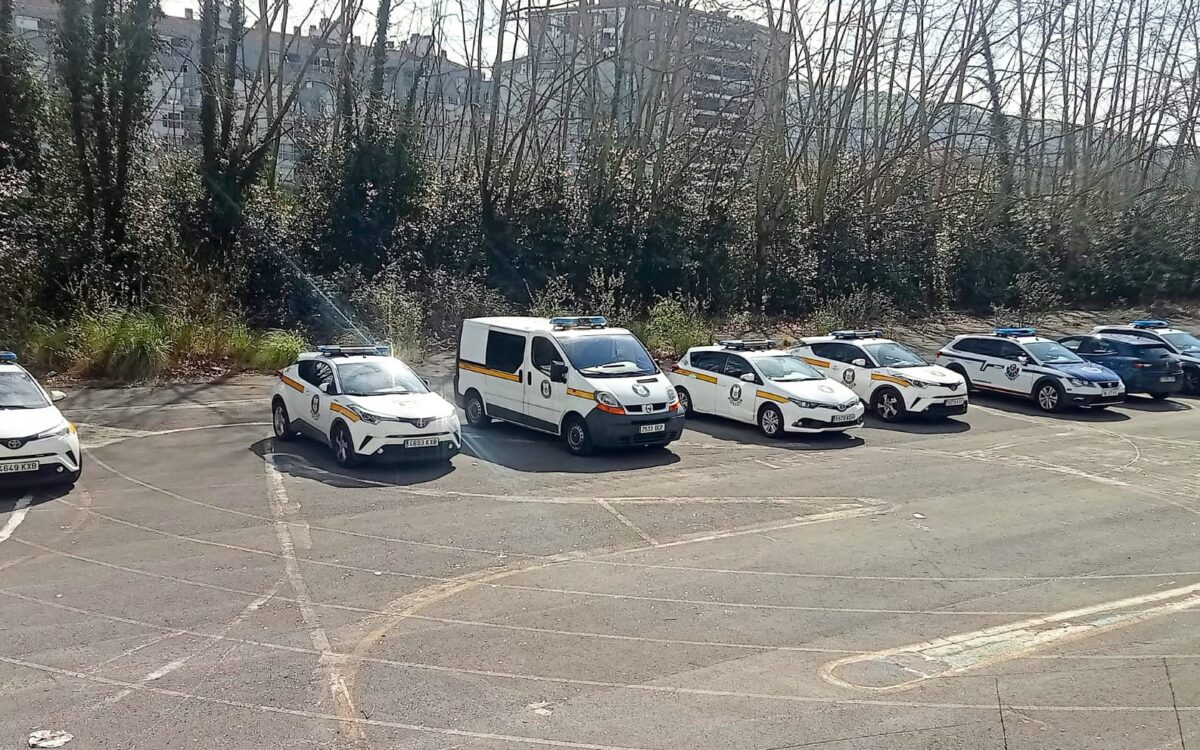

.jpeg)
